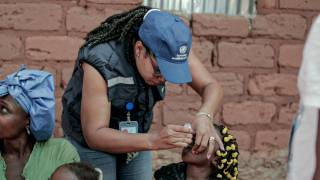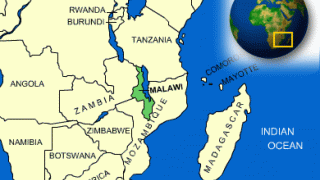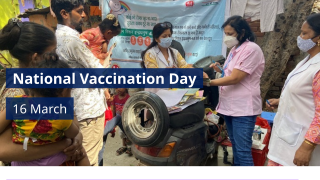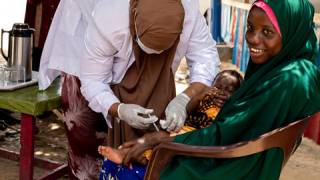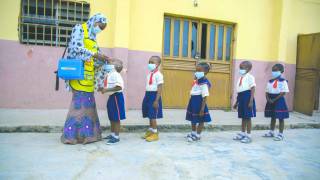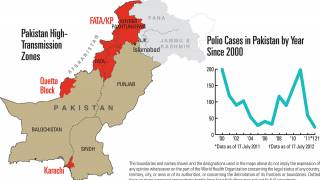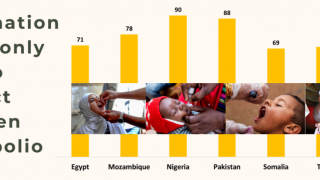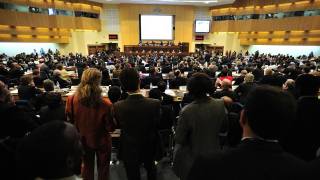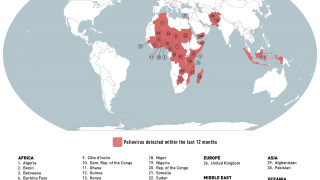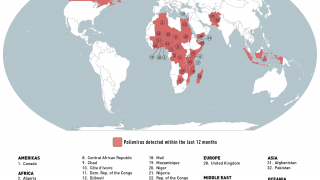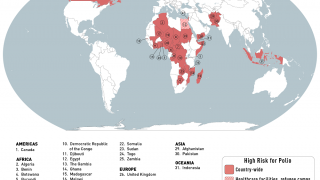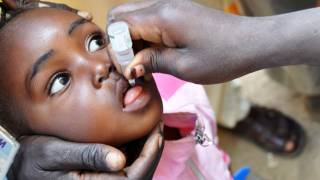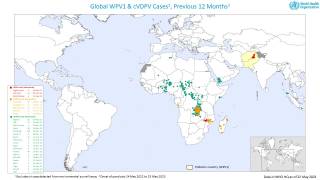The World is Not Polio Free Today

Every year, World Polio Day is celebrated on October 24th to raise awareness of the importance of polio vaccination in protecting children.
To ensure a polio-free future for everyone, the World Health Organization (WHO) says efforts must be made to maintain high immunization coverage, implement high-quality surveillance to detect any presence of the poliovirus and prepare responses in the event of an outbreak.
Unfortunately, after the 39th meeting of the IHR Emergency Committee for Polio held in August 2024, the WHO announced that the spread of the poliovirus remained a Public Health Emergency of International Concern and extended the global alert into November 2024.
The revised target date to stop circulating vaccine-derived poliovirus (cVDPV) transmission is now the end of 2026.
Last week, the U.S. Centers for Disease Control and Prevention (CDC) confirmed that cVDPVs can emerge and cause paralysis in areas with low population poliovirus immunity.
For example, the Global Polio Eradication Initiative (GPEI) today announced that polio-endemic Pakistan and Afghanistan reported additional cases last week. And Chad, Niger, and Nigeria reported cVDPV2 cases.
The CDC reported that from January 2023 to June 2024, 672 confirmed polio cases were detected in 39 countries or areas.
Although the number of countries reporting poliovirus outbreaks is approximately the same as last year, as some countries have interrupted transmission, newly infected or reinfected countries report confirmed outbreaks, says the CDC.
"The polio virus spreads primarily through person-to-person contact, mainly via the fecal-oral route, and less commonly through contaminated water or food," Duellyn Pandis, DNP, APRN, FNP-C, informed Vax-Before-Travel News.
"It infects the throat and intestines, leading to flu-like symptoms. It can then travel to the brain and spinal cord, potentially causing paralysis," added Pandis, CEO of PassportHealth Tampa.
To notify international travelers of this health risk, the CDC reissued a Global Polio Alert - Level 2, Practice Enhanced Precautions Travel Health Notice in August 2024, identifying polio outbreaks and poliovirus detections in 37 countries.
In the United States, the CDC says wastewater testing can inform public health action as a component of polio outbreak response. The primary purpose of wastewater surveillance for poliovirus is to prevent cases of paralytic polio by identifying communities at increased risk for poliovirus exposure.
During 2022–2023, the CDC confirmed that seven U.S. jurisdictions (5 states and two cities) participated in prospective or retrospective wastewater testing for poliovirus after a paralytic polio case was identified in New York.
Two distinct vaccine-derived poliovirus type 2 viruses were detected in wastewater from New York State and New York City in 2022, representing two separate virus importation events.
Of those viruses, one resulted in persistent community transmission in multiple New York counties and one paralytic case.
No poliovirus was detected in wastewater tests conducted in participating jurisdictions (Connecticut, New Jersey, Michigan, Illinois, and Chicago, IL). However, New York's neighbors, New Jersey and the Philadelphia vicinity, did not participate in this review.
These testing results highlight the ongoing risk for poliovirus importations into the U.S.
Globally, insufficient access to the newly approved nOPV2 vaccine has led to delays in implementing outbreak responses, impeding efforts to achieve the high population immunity required to stop cVDPV2 transmission.
Whereas nOPV2 is genetically more stable than Sabin strain OPV2 in community circulation, these findings highlight that cVDPVs can develop (breakthrough cases) following nOPV2 vaccination when the timing and quality of vaccination responses are suboptimal.
The WHO says that the prolonged community circulation of the nOPV2 vaccine strain leads to reversion to neurovirulence, seeding new emergencies.
In the U.S., supplies of the inactive polio vaccine (IPV), which reduces poliovirus shedding, are readily available. The IPV has been deployed in the U.S. since 2000 and is generally available at clinics and pharmacies.
Last year, the CDC endorsed an IPV booster dose for people who have completed a primary series of trivalent OPV or IPV when visiting polio-endemic areas.
Our Trust Standards: Medical Advisory Committee





